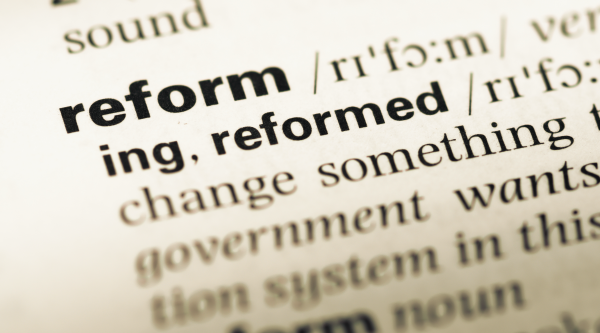Department of Health officials were questioned at Senate Estimates on Friday about the federal government's move to reform the Prostheses List.
The hearing, which was held virtually, was an 'overflow' day from Senates Estimates in June.
The 2021-22 Budget included $23.1 million over four years (and $2.1 million per year ongoing) to "modernise and improve the administration of the Prostheses List" (PL).
The PL is the program under which the government mandates what medical devices private health insurers are required to fund.
It has been the focus of significant debate in recent years with private health insurers calling for significant reform.
Medical device companies have publicly accepted the need to reform but oppose measures such as the adoption of the episodic diagnosis-related group-based prosthesis funding model. This would involve the independent setting of reimbursement amounts based on the 'bundled' prosthesis component of a procedure.
In response to questions at Friday's hearing, Department of Health officials said they have hosted around 30 formal meetings on reform of the PL since the Budget announcement in May. They said these meetings have involved a range of stakeholders, including private health insurers, medical device companies and private hospitals.
The department recently released a first consultation paper on reform. They said this will be followed by several additional consultation papers starting “in the next month” with one that will detail a pricing methodology and comparisons of medical device prices in the private and public hospital setting. Papers will follow on the restructuring of the PL and the future definition of a medical device.
A senior official said there is a range of activities planned into early 2022 and that reform will require legislative change.
They said reform will address the fact prices in the private sector "far exceed" those in the public setting and that change will put downward pressure on private health insurance premiums.
